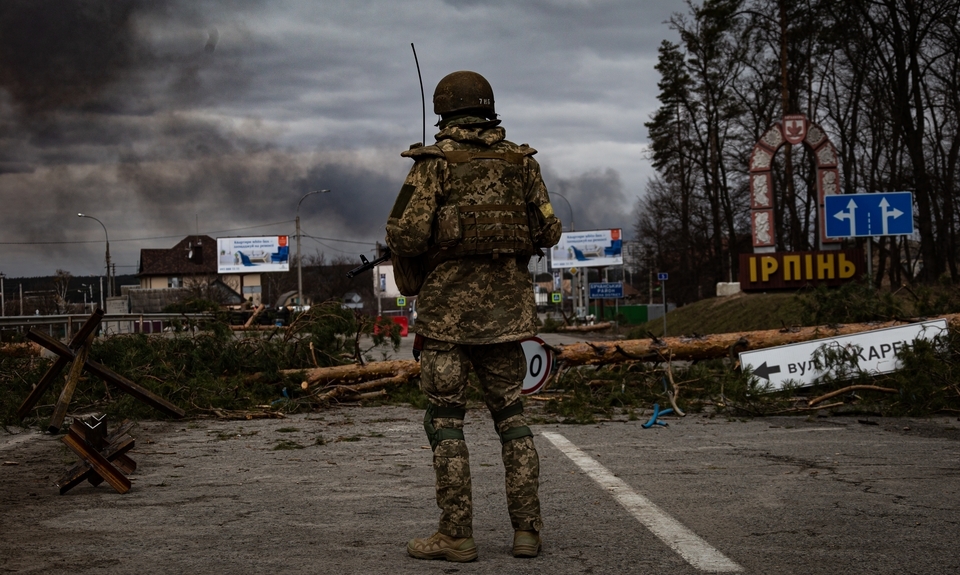Why we go to war

Each month, Frédéric Munier, Director of the School of Geopolitics for Business at SKEMA Business School, publishes a column in the magazine Pour l’Éco. This time he looks at the roots of the war, citing the political scientist Kenneth Waltz, who describes the international system as “anarchic”, because there is no armed authority above states. Conflict – which sometimes leads to war – is inevitable.
We tend to forget that war has never ceased. The “return of war” is very much a European phrase. In 2023, the world experienced no less than eight major conflicts, defined as armed confrontations causing over 1,000 deaths. As well as Ukraine and Gaza, Burkina Faso, Myanmar, Nigeria, Somalia, Sudan, Syria and Yemen were involved in conflicts.
Since the beginning of the century, the number of wars has in fact increased, and the amount of people killed by fighting has quadrupled. The Tigray war in Ethiopia (2020-2022) alone is believed to have caused the deaths of between 300,000 and 600,000 people. And with almost 240,000 killed, 2022 was the bloodiest year since that of the Rwandan genocide in 1994.
The origins of war
From the Trojan War through to the present day, conflicts have beaten out the rhythm of our planet. To understand this phenomenon, which is deeply rooted in the history of humankind, we generally look to Clausewitz, a Prussian general who wrote a book called “On War” (1832). In it, he defined war as “an act of violence intended to compel our opponent to do our will”, adding a line which has now become famous: “war is a continuation of politics by another means”.
Read also: Why China is positioning itself as the new international mediator
It was not, however, until the mid-20th century that a conceptual framework was available to help us better understand the causes of wars. In 1959, Kenneth Waltz (1924-2013), a political scientist and lecturer at Columbia University, provided an authoritative analysis of war in his book “Man, the State, and War”. He offers an evaluation of the origin of conflicts, examining the subject on three separate levels.
A history of glory, violence and anarchy
The first level is anthropological: it is linked to human nature. People go to war for glory, through fear or through greed, as Thucydides (460 BC – 400 BC) had already pointed out in his “History of the Peloponnesian War”.
The second level is political: it is due to the nature of states. Some are more inclined than others to be bellicose and consider violence as legitimate – present-day Russia springs to mind.
The third and final level, which Waltz considers the most relevant in terms of explanation, is systemic. It is due to the very nature of the international system, which he describes as “anarchic”. By this he means that there is no global authority above the world’s states with an army or police to give it an international monopoly on power. In the absence of a power of this nature (the literal definition of anarchy, from “an”, for without + “arkhos”, for chief) and a genuine international community, Waltz notes that “conflict – which sometimes leads to war – is inevitable”. On that basis, there’s little chance of wars becoming a thing of the past.
This article was originally published in French in Pour l’Eco.




